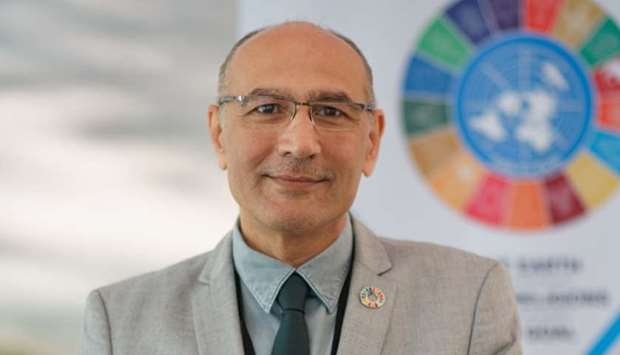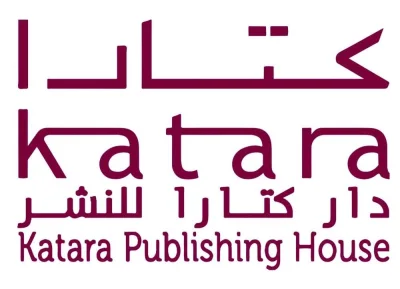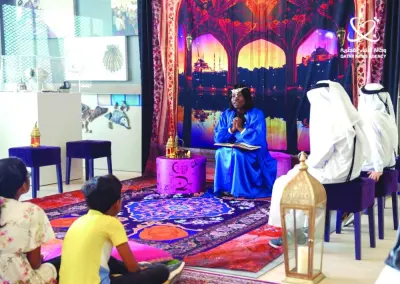Nature is in crisis, threatened by biodiversity and habitat loss, global heating and toxic pollution. Failure to act is failing humanity. Saner voices around the world are highlighting the need for global stewardship of nature and biodiversity to address issues like Covid-19 pandemic. It also requires a clear commitment to building back better, creating green jobs and facilitating the transition to carbon neutral economies.
The world is going to observe International Day for Biological Diversity on May 22. According to UN Environmental Programme, globally, around 25% of all animal and plant species are threatened with extinction. This year the day is targeted towards raising awareness and building momentum on the importance of biodiversity as well as global issues on biodiversity loss, in the lead up to the United Nations Biodiversity Conference.
Previously untapped and underrated contributors towards raising awareness regarding the biological diversity and environment are faith-based organisations. The organisations can become increasingly active on environmental issues, as all religions contain messages of environmental care and stewardship for a planet that can provide for human flourishing, with notions of sustainability embedded in religious texts. This can make particularly valuable contributors to the SDGs given the immense influence they have over the 80% of the global population who are affiliated to one or another religious or spiritual community, and for many, faith is the main analytical lens which shapes their worldviews.
Arab Youth Climate Movement Qatar (AYCMQA) is organising a webinar tomorrow (May 18). The webinar is titled as ‘Faith Based Approach to Address the Biodiversity and Climate Crises.’ The one-hour-long session will start at 3pm in Qatar.
The webinar that includes question and answer session also will feature experts from Faith For Earth Initiative by UN Environment Programme (UNEP) and Islamic leader from Bahu Trust, based in UK, who will share insights on the faith for earth initiative by UNEP, their approach to engaging with faith leaders and faith-based organisations and Islam and environment.
This webinar will mainly be addressing what’s Faith for Earth initiative and how they are engaging with faith leaders and faith-based organisations. They will also have a look at how faith-based organisations can help the transition to a more sustainable post-Covid-19 world. Besides discussing Islam and environmental action, the webinar will highlight the role of cultural and religious factors in protecting the environment and achieving SDGs in the Islamic World.
The first speaker is Dr Iyad Abumoghli, Director Faith for Earth UN Environment Programme. Dr Abumoghli has more than 35 years of experience with international organisations, the private sector, and scientific institution.
His expertise focuses on strategic planning, sustainable development, water resources management, knowledge and innovation and interfaith collaborating on environmental issues.
Sharing his thoughts with Community, Dr. Abumoghli, who holds a doctorate degree in Bio-Chemical Engineering from the University of Bath/UK, said: “The world is facing unprecedented and compound challenges of zoonotic diseases, climate change and ecosystem destruction. We need to consider innovative and unconventional ways of addressing these intersectional challenges. Innovation sometimes means going back to the basic set of principles represented by faith and religious values and partner with the most powerful sector of the society, the youth. This webinar will address the role of youth and faith leaders in mobilising action towards finding long lasting solutions to environmental challenges.”
Second speaker is Kamran Shezad, Climate Change and Sustainability Lead associated with Bahu Trust in UK. He is a global environmental specialist with practical field and managerial experience in sustainable development extending over 17 years. Kamran’s focus is on sustainability and tackling environmental degradation as a tool to fight poverty especially in countries across Asia and Africa. He is also the climate change adviser to the Mosques & Imams National Advisory Board (MINAB) in the United Kingdom.
Kamran, who holds a Master’s degree in Environmental Sustainability (Strategy & Management), said: “The latest generation of youth climate activists is louder and more co-ordinated than previous generations. Mobilising young people to tackle the threat to biodiversity is a powerful tool and one that has the potential to make a significant contribution towards a more ecological and sustainable planet.”
The webinar will be moderated by Neeshad Shafi, AYCMQ executive director. AYCMQ is a first registered, nonprofit, youth-led, grassroots environmental association in Qatar. AYCMQ seeks to create a transformative change in the community by developing holistic environmental learning programs, engaging in community activities and supporting evidence-based policy research.
Webinar: Zoom ID: 92078348137
Link: https://www.unenvironment.org/events/symposium/faith-based-approach-address-biodiversity-and-climate-crisis

Dr Iyad Abumoghli


